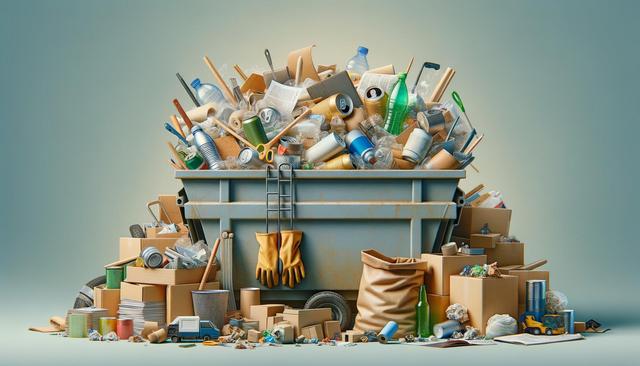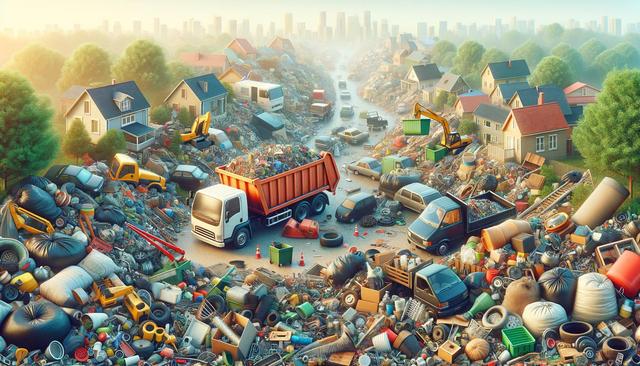Imagine transforming your cleaning routine into an eco-friendly haven with simple, homemade products that are both effective and kind to the planet. Making your own eco-friendly cleaning solutions not only reduces waste but also minimizes exposure to harsh chemicals, all while being surprisingly cost-effective.
Why Go Eco-Friendly?
Switching to eco-friendly cleaning products is more than just a trend; it’s a movement towards sustainability. According to the Environmental Working Group, many conventional cleaning products contain harmful chemicals that can impact indoor air quality and contribute to health issues. By making your own cleaners, you have control over the ingredients, ensuring a safer environment for your family.
Ingredients You Can Trust
Many store-bought products are filled with unpronounceable chemicals. Instead, consider using natural alternatives like vinegar, baking soda, and lemon juice. These ingredients are not only effective but also safe for the environment.
Natural Cleaning Ingredients Comparison
| Ingredient | Properties | Uses |
|---|---|---|
| Vinegar | Antimicrobial | All-purpose cleaner |
| Baking Soda | Deodorizing | Scrubbing agent |
| Lemon Juice | Antibacterial | Glass cleaner |
| Castile Soap | Biodegradable | Dish soap |
| Essential Oils | Fragrant and antibacterial | Air freshener |
| Rubbing Alcohol | Disinfectant | Surface cleaner |
| Cornstarch | Polishing agent | Window cleaner |
Expert Opinions
Dr. Penelope Foster, an environmental scientist, emphasizes, “Making your own cleaning products reduces the reliance on plastic packaging and decreases chemical runoff into our waterways.” This shift not only benefits the environment but also our health.
Personal Experience
When I first started using DIY cleaning products, I was amazed by how well simple ingredients worked. A few years ago, I switched to a vinegar and water mixture for cleaning windows, and the results were phenomenal. The streak-free shine was comparable to any commercial product I had used before.
For a powerful all-purpose cleaner, mix equal parts water and vinegar in a spray bottle, add a few drops of your favorite essential oil for fragrance, and you’re ready to tackle most surfaces.
Actionable Tips
- Start small by replacing one commercial product with a homemade version each month.
- Reuse old spray bottles to store your new eco-friendly solutions.
- Label your mixtures with the ingredients and date of preparation to keep track of their freshness.
Resources for Further Learning
For those interested in diving deeper into eco-friendly living, consider exploring the resources available on Environmental Working Group and Greenpeace. These organizations provide extensive information on sustainable practices and products.
Frequently Asked Questions
Are homemade cleaning products as effective as store-bought ones?
Yes, many homemade solutions are just as effective. Ingredients like vinegar and baking soda have been used for centuries due to their powerful cleaning properties.
Can I use essential oils in all my cleaning products?
While essential oils add a pleasant scent and have antibacterial properties, they should be used sparingly and not in products that will be used on surfaces where food is prepared.
How do I ensure my homemade products are safe?
Always test a small area first and research the properties of each ingredient to avoid any potential reactions.
Conclusion
Embracing eco-friendly cleaning practices is an impactful way to contribute to a healthier planet and home. By making your own cleaning products, you not only save money but also take a step towards a sustainable lifestyle. Begin with simple recipes, experiment with different ingredients, and enjoy the peace of mind that comes with knowing exactly what’s in your cleaning arsenal. Start today and join the growing community of individuals dedicated to making a difference, one natural ingredient at a time.




Leave a Reply